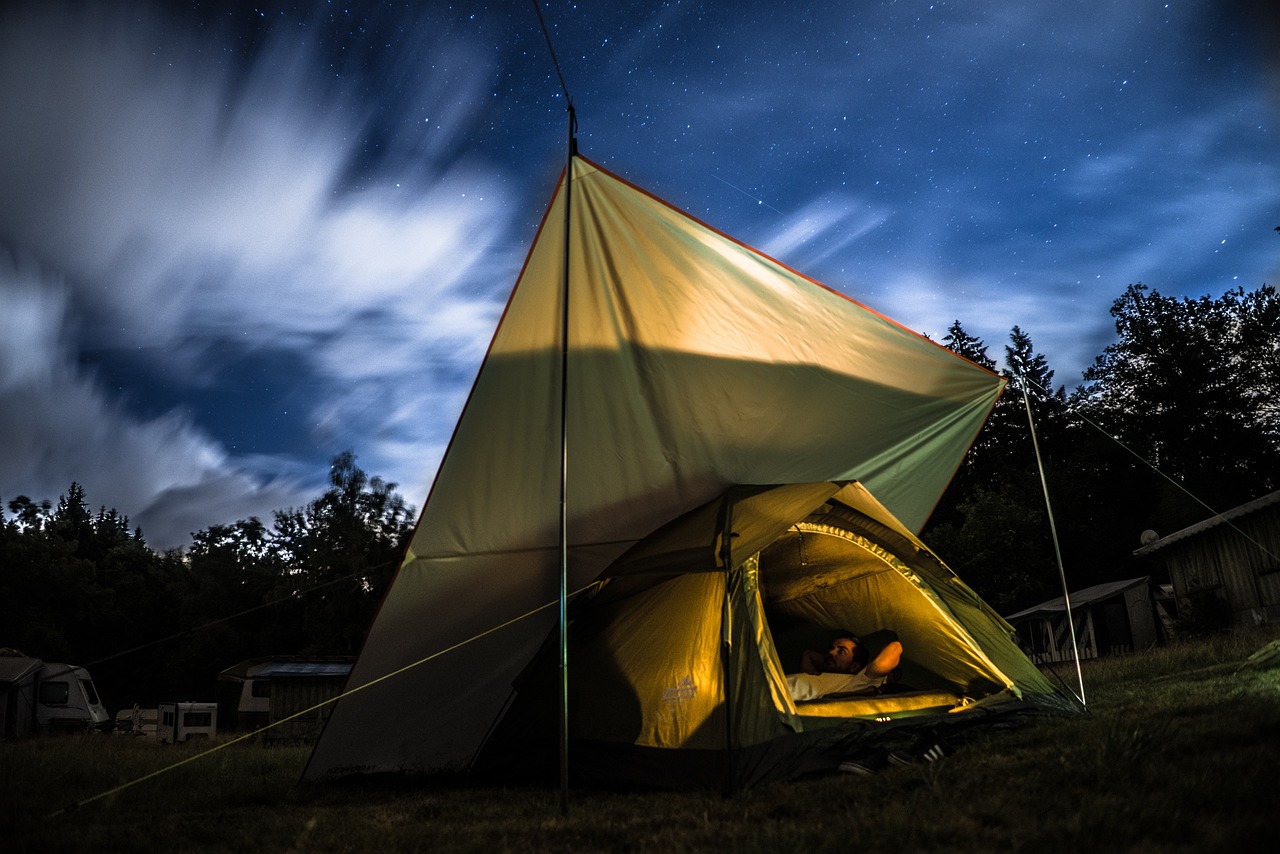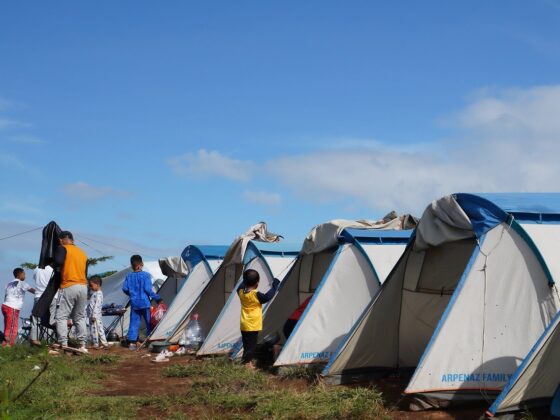Stargazing and night sky camping offer a magical experience, allowing you to connect with the cosmos while enjoying the tranquility of nature. Whether you’re an astronomy enthusiast or simply love the beauty of a star-filled sky, here are some tips to help you make the most of your night sky camping adventure.
1. Choose the Right Location
Find Dark Sky Areas: To enjoy the best stargazing, choose a campsite far from city lights and light pollution. Look for designated Dark Sky Parks or remote areas known for their clear, dark skies.
Check Weather Conditions: Clear skies are essential for stargazing. Check the weather forecast and plan your trip for nights with minimal cloud cover and no rain.
2. Bring the Right Gear
Telescope or Binoculars: A good telescope or a pair of binoculars can enhance your stargazing experience. Research the best equipment for your needs and practice using it before your trip.
Star Maps and Apps: Bring a star map or download a stargazing app to help identify constellations, planets, and other celestial objects. Many apps can guide you through the night sky in real-time.
Red Flashlight: Use a red flashlight to preserve your night vision while navigating the campsite or reading star maps. Red light is less disruptive to your eyes compared to white light.
3. Prepare for the Night
Warm Clothing: Nights can get chilly, even in the summer. Dress in layers and bring extra blankets or sleeping bags to stay warm.
Comfortable Seating: Bring reclining chairs or blankets to lie on while stargazing. Being comfortable will allow you to relax and enjoy the night sky longer.
Bug Repellent: Don’t forget bug repellent to keep mosquitoes and other insects at bay. A mosquito net can also be useful for added protection.
4. Plan Your Stargazing
Know What to Look For: Research what celestial events will be visible during your trip. Look for information on meteor showers, planetary alignments, and phases of the moon.
Best Viewing Times: The best stargazing usually occurs during the new moon when the sky is darkest. Additionally, plan your stargazing for late at night or early in the morning when the atmosphere is clearer.
Take Your Time: Allow your eyes to adjust to the darkness. It can take 20-30 minutes for your eyes to fully adapt to low light conditions, enhancing your ability to see faint stars and celestial objects.
5. Safety Tips
Stay Aware of Your Surroundings: Be mindful of your surroundings and avoid tripping hazards in the dark. Keep your campsite organized to prevent accidents.
Respect Wildlife: Wildlife can be more active at night. Keep food securely stored and avoid making loud noises to minimize disturbances.
Conclusion
Stargazing and night sky camping offer a unique and enchanting way to experience the great outdoors. By choosing the right location, bringing the necessary gear, and planning your stargazing activities, you can create unforgettable memories under the stars. Embrace the beauty of the cosmos and let the night sky inspire wonder and awe. Happy stargazing!



